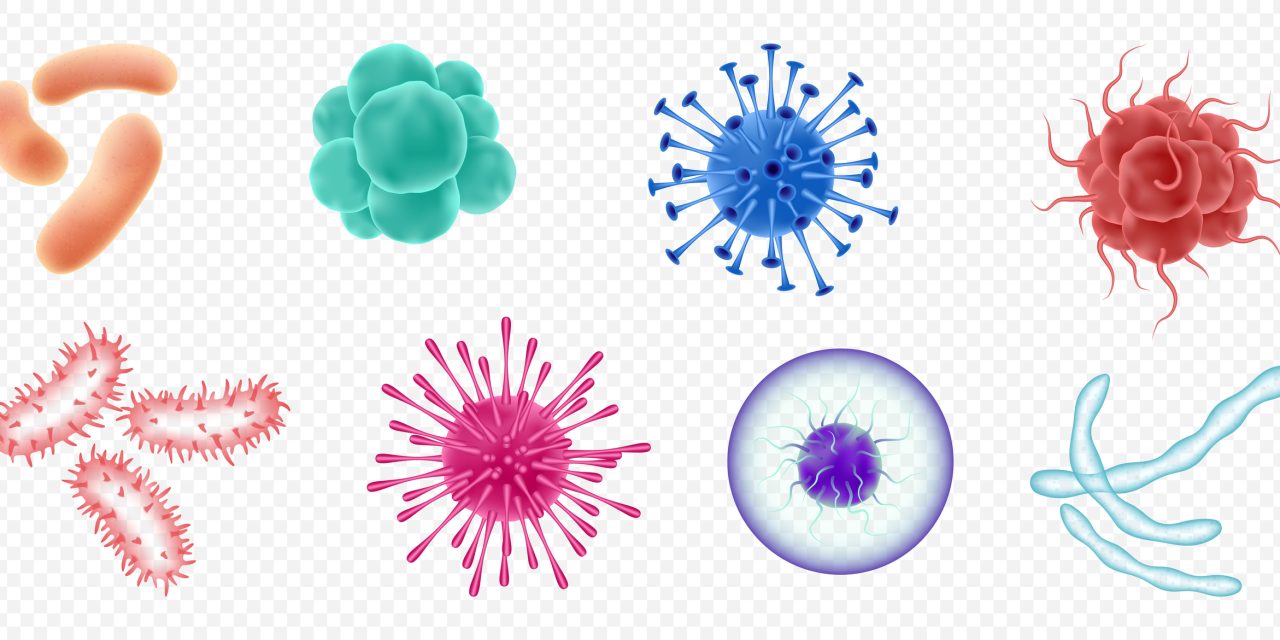Fatty acids have been implicated in early life immune development. Food allergy provides a clear phenotype of early allergic disease. Fish oil and vitamin D have immune-modulating properties. We aimed to identify the metabolomic profile of (i) infant food allergy and (ii) factors linked to food allergy in past studies such as fish oil supplementation and serum 25OHD3 levels in early life.
NMR was used to quantify 73 metabolites in plasma of 1 year old infants from the Barwon Infant Study (n=485). Logistic regression models were used to examine associations between infant metabolome and food allergy in infants. Linear regression models were used to describe associations between maternal fish oil supplementation and 25OHD3 levels with infant metabolites.
A higher linoleic acid: total fatty acid (FA) ratio and phenylalanine level were associated with higher odds of food allergy. Antenatal fish oil supplementation was positively associated with docosahexaenoic acid (DHA) and omega-3 related metabolite levels. Postnatal 25OHD3 levels at 1 year of age were positively associated with several FA measures and creatinine and inversely with the saturated FA: total FA ratio. Only the postnatal 25OHD3 patterns persisted after adjustment for multiple comparisons.
Infants with food allergy had altered fatty acid profiles at one year. Fish oil supplementation in pregnancy was associated with higher DHA and omega-3 related metabolites at 1 year of age. Associations were modest and the most robustly altered metabolomic profiles were with postnatal 25OHD3 levels.
Copyright © 2020. Published by Elsevier Ltd.
Plasma metabolomic profiles associated with infant food allergy with further consideration of other early life factors.


